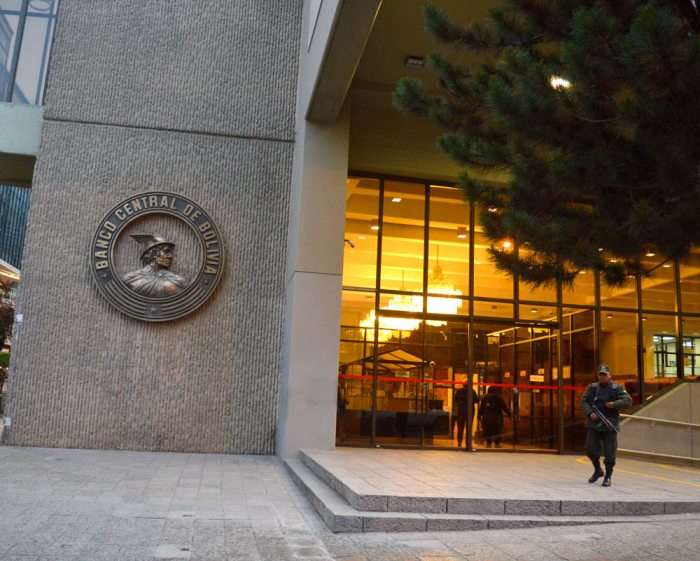
The Government of Bolivia rejected this Friday’s Moody’s report that downgraded the country’s rating with the risk of its macroeconomic stability and reaffirmed its economic and exchange rate policy to sustain stability.
“Moody’s rating agency is based on a conjunctural situation and ignores the other macroeconomic variables that contribute to national stability, price stability, economic growth, the decrease of the fiscal deficit from 12.7 percent in 2020 to 7.2 percent in 2022, and the economic growth achieved despite the adverse international context,” said the Ministry of Economy.
Likewise, it ratified compliance with the external debt service, contrary to what was stated by Moody’s rating agency, which revised the risk rating from B2 to Caa1.

Moody’s Investors Service downgraded Bolivia’s rating as a long-term issuer in local and foreign currency this Friday and warned of a vulnerability that threatens macroeconomic stability.
Moody’s rating was considered “hasty” by the Government because it did not consider all the macroeconomic variables of Bolivia and its uncontrolled inflation in a complex international context of rising interest rates, bank failures, the crisis in Ukraine, and other elements that affected the world economy.
According to the Ministry of Economy, in 2022, the movement of net international reserves (NIR) was influenced by the adverse global context, such as the increase in global fuel prices, which meant an increase in the subsidized amount of fuels.
However, the Ministry of Economy assured that the policies of the national economic model allowed for maintaining price stability and the purchasing power of Bolivian families.
It ratified that Bolivia maintains the lowest inflation rate in South America as a result of the measures implemented by the Government to stabilize the prices of the family basket and thus protect its population.
He recalled that the generation of Bolivian income is not limited to the export of natural gas, nor is the energy policy limited to these sales.
“It does not take into account the progress achieved for the export of electric energy, urea, minerals, lithium carbonate, and potassium chloride, whose sales levels will increase in the short term, as well as the income generated by the commercialization of steel from the Mutun, among others”, he added.
